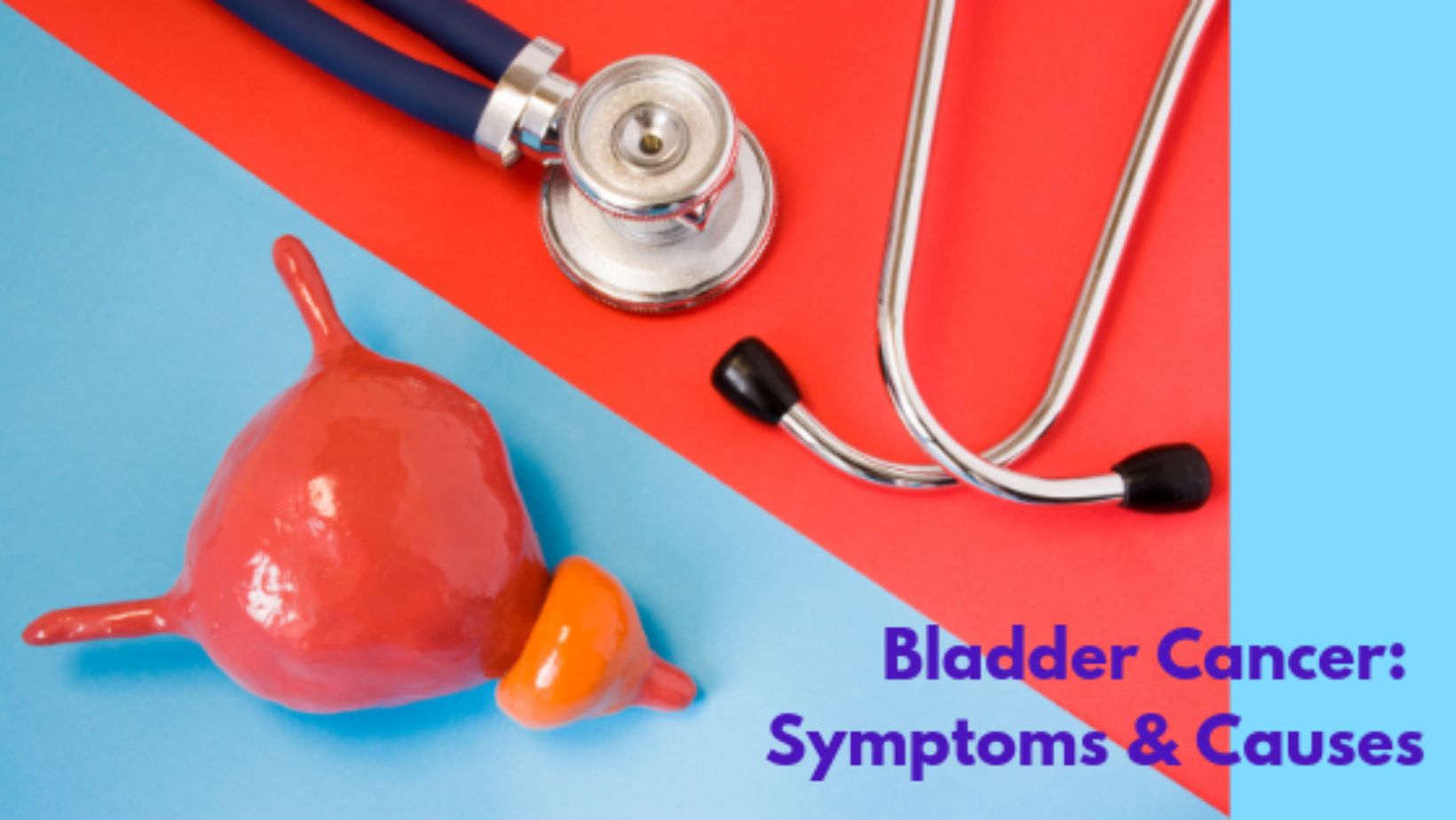Bladder cancer is a global health concern, impacting millions of lives. It’s imperative for us to delve into its fundamental aspects. This article is a comprehensive guide, aiming to provide vital insights into bladder cancer, elucidating its causes, symptoms, diagnosis, treatments, and prevention strategies.
1. Unraveling Bladder Cancer:
Originating in the bladder, the organ responsible for urine storage, bladder cancer ranks as the sixth most common cancer in the United States. This statistic underscores the importance of understanding and raising awareness about this disease.
2. Causes and Vulnerability:
Bladder cancer’s development is influenced by various factors. Smoking, exposure to specific chemicals, a family history of the disease, chronic bladder infections, and age are notable contributors. Those employed in industries dealing with chemicals and dyes face heightened risks due to prolonged exposure to carcinogens.
3. Recognizing Symptoms:
Early detection is paramount for effective treatment. Symptoms include hematuria (blood in urine), frequent urination, pain or burning during urination, and lower back pain. If these signs manifest, consulting a healthcare professional promptly is crucial.

Read more.. Progresses in Clinical Innovation: Developments Forming Medical Care Conveyance
4. Diagnosis and Staging:
Diagnosis involves a series of tests, including physical examinations, urine analyses, imaging tests (like CT scans or MRIs), and cystoscopy, allowing doctors to inspect the bladder lining. Staging determines cancer spread, guiding the treatment plan.
5. Treatment Avenues:
Treatment methods vary based on cancer’s stage. Options encompass surgery, chemotherapy, immunotherapy, or radiation therapy. Early-stage cancer may be surgically removed. Advanced cases often require a combination of treatments for better outcomes.
6. Prevention and Lifestyle Choices:
While some risk factors are beyond control, embracing a healthy lifestyle reduces bladder cancer risks. Quitting smoking, maintaining hydration, consuming a balanced diet rich in fruits and vegetables, and minimizing exposure to harmful chemicals are essential preventive measures. Regular medical check-ups facilitate early detection and timely intervention.
7. Emotional Support and Coping:
A bladder cancer diagnosis can be emotionally overwhelming for patients and families. Seeking support from friends, family, or support groups significantly aids coping. Open communication with healthcare providers fosters understanding of the disease, treatment options, and potential side effects.

Read more.. Guarding Your Newborn from Mosquito Bites: Tips for a Serene Night
Conclusion: Collaborative Efforts Against Bladder Cancer
Knowledge about bladder cancer empowers individuals to recognize symptoms, seek timely medical help, and adopt preventive measures. As awareness spreads and research advances, collective efforts can effectively combat this disease. By advocating healthier lifestyles, promoting regular medical check-ups, and supporting ongoing research, we contribute to a future where bladder cancer is preventable and manageable. Together, we stand united against this formidable opponent, advocating for early detection, improved treatments, and ultimately, a better quality of life for all affected by bladder cancer.
Read more.. Care Supreme Health Insurance: Your Top Choice for Comprehensive Coverage




